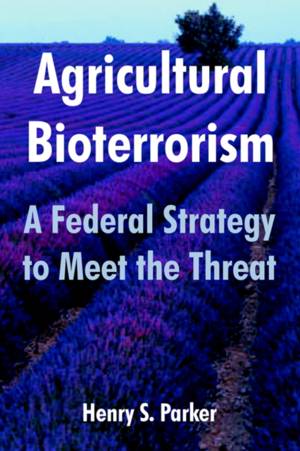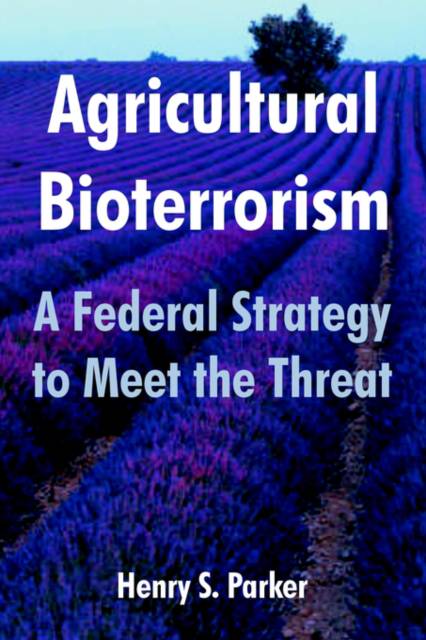
- Afhalen na 1 uur in een winkel met voorraad
- Gratis thuislevering in België vanaf € 30
- Ruim aanbod met 7 miljoen producten
- Afhalen na 1 uur in een winkel met voorraad
- Gratis thuislevering in België vanaf € 30
- Ruim aanbod met 7 miljoen producten
Zoeken
€ 27,95
+ 55 punten
Uitvoering
Omschrijving
The astonishing specter of September 11, 2001, jarred America and, indeed, all free nations, into accepting the previously unthinkable- the world's only remaining superpower is vulnerable to catastrophic attack and asymmetric warfare, even within its own borders. In a few short hours Americans came to realize that, for a fanatical, resourceful, and patient enemy, there are neither ethical bounds nor societal mores to delineate the nature of the target, the weapon of choice, or the scale of the violence. To put it another way, for these enemies there are no rules of engagement and there is no honor. Since September 11, our national sense of vulnerability has steadily risen. We have been in a near-constant state of high alert because of credible threats to our Nation's nuclear installations, power plants, transportation nodes, and other critical national infrastructures. We know that at least nine countries support offensive terrorism programs, and that Al Qaeda -Osama bin Laden's international terrorist organization- has been committed to developing and deploying weapons of mass destruction against U.S. targets. And the possibility that the recent anthrax attacks were perpetrated by a domestic terrorist with access to a Federal Government, academic, or private laboratory that possessed anthrax for legitimate scientific reasons has brought fear to the doorsteps of virtually every home, business, and public institution in the country. We are now also facing up to a less publicized, but potentially devastating threat-terrorism directed against the Nation's food and agricultural infrastructure. As this paper elucidates, American farms, food, and agriculture systems are exceedingly vulnerable to deliberate disruption by hostile interests intent on undermining confidence in food supplies or wreaking havoc on the agricultural sector of the American economy, which accounts for one-sixth of our gross domestic product. Because of its breadth, diversity, and unparalleled success, U.S. agriculture is an inviting target for terrorists. Not only are food supplies vital for feeding our own population and others around the world, and important for the Nation's economic health, but American agriculture is a vivid example of the capabilities of modern scientific farming. Intelligence reports indicate that a number of countries have active research programs that could produce biological agents to threaten crops and livestock. Naturally occurring outbreaks of diseases signal the devastation that could result from a carefully choreographed intentional release. Thus the recent Foot and mouth disease epidemics in Taiwan and Great Britain, or hog cholera in the Netherlands, or the infection of Florida citrus trees with citrus canker, aptly demonstrate the vulnerability of living targets to biological pathogens and the economic chaos that can result from an outbreak-intentional or otherwise. Floyd P. Horn Director for Food, Agriculture, and Water Security Office of Homeland Security Executive Office of the President
Specificaties
Betrokkenen
- Auteur(s):
- Uitgeverij:
Inhoud
- Aantal bladzijden:
- 120
- Taal:
- Engels
Eigenschappen
- Productcode (EAN):
- 9781410216854
- Verschijningsdatum:
- 16/09/2004
- Uitvoering:
- Paperback
- Formaat:
- Trade paperback (VS)
- Afmetingen:
- 152 mm x 229 mm
- Gewicht:
- 185 g

Alleen bij Standaard Boekhandel
+ 55 punten op je klantenkaart van Standaard Boekhandel
Beoordelingen
We publiceren alleen reviews die voldoen aan de voorwaarden voor reviews. Bekijk onze voorwaarden voor reviews.











